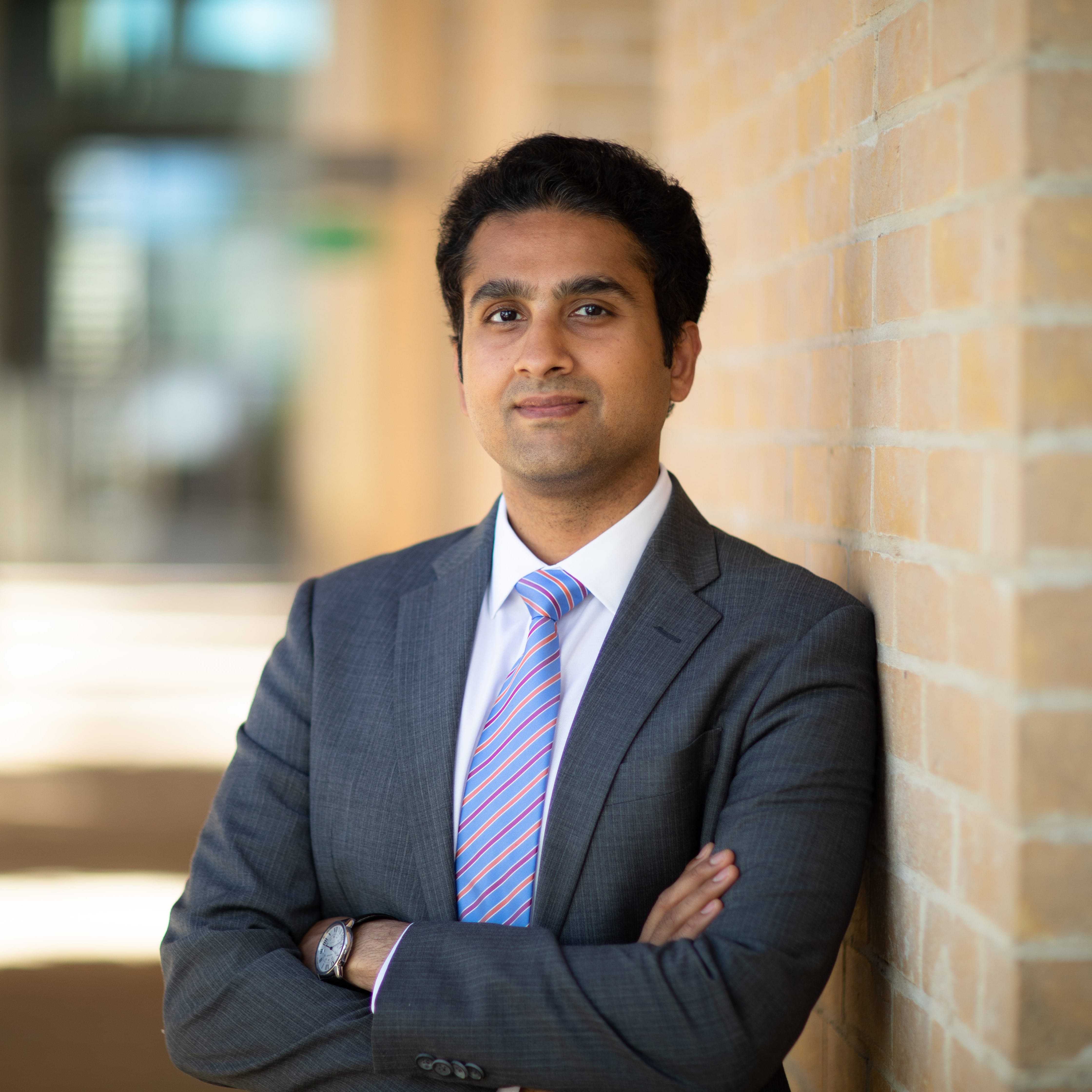
Akshay Mangla
Associate Professor of International Business
- akshay.mangla@sbs.ox.ac.uk
Saïd Business School
University of Oxford
Park End Street
Oxford
OX1 1HP
Profile
Akshay Mangla is Associate Professor of International Business at Saïd Business School and a Research Fellow at Green Templeton College.
A political scientist by training, Akshay specialises in the political economy of development, with regional expertise in South Asia. His book, Making Bureaucracy Work: Norms, Education and Public Service Delivery in Rural India (Cambridge University Press), investigates how public agencies effectively implement universal primary education services in India. The book has won multiple awards, and advances our understanding of bureaucracy’s role in promoting inclusive development.
Akshay is a Faculty Associate of the Department of Politics and International Relations and the Contemporary South Asian Studies Program in the Oxford School of Global and Area Studies.
Prior to Oxford, Akshay was an Assistant Professor at Harvard Business School, where he taught in the Business, Government, and International Economy Unit. He holds a PhD in Political Science from the Massachusetts Institute of Technology, MSc in Management Research from the University of Oxford and a BS in Finance and BA in Philosophy from the University of Pennsylvania.
To learn more about Akshay’s work, visit his personal website.
Research
Akshay conducts interdisciplinary research on governance and institutional reform in developing countries.
Akshay’s recent work investigates institutional initiatives to address global challenges, such as education, inequality, policing and child welfare. His work is highly interdisciplinary in nature and involves multi-method field-based research.
Akshay is on the Academic Leadership Team of the What Work’s Hub for Global Education at Oxford. As a Principal Investigator for the Hub, he is examining the implementation of reforms to improve foundational learning in India’s government school system.
In another major project, Akshay and his collaborators are investigating police reforms to improve women’s security in Madhya Pradesh, India. This work has been recognised with a Responsible Business Education Award by the Financial Times.
Publications
The Police in India(opens in new window)
- Chapter
- Institutional Roots of India's Security Policy
The Indian Police: Managing Dilemmas of Internal Security(opens in new window)
- Chapter
- Internal Security in India: Violence, Order, and the State
Making Bureaucracy Work: Norms, Education and Public Service Delivery in Rural India(opens in new window)
- Book
- Cambridge University Press
Policing in patriarchy: an experimental evaluation of reforms to improve police responsiveness to women in India(opens in new window)
- Journal article
- Science
Social conflict on the front lines of reform: institutional activism and girls' education in rural India(opens in new window)
- Journal article
- Public Administration and Development
Engagement
Akshay collaborates with policymakers and practitioners to achieve societal impact from his research.
Akshay works closely with leaders in government, philanthropic foundations, civil society and international agencies. He contributes regularly to media and public policy discussions aimed at addressing global challenges.
Teaching
Akshay teaches across programmes at Saïd Business School, including the MBA, Executive MBA, Executive Diplomas and DPhil.
He applies the case method in the classroom and is the author of several teaching cases. He also supervises DPhil students in the Management Studies Doctoral Program.
Akshay is Co-Director of the Reach Oxford Pilot Program, with Professor Maya Tudor at Blavatnik School of Government. An experiential learning initiative, REACH invites selected MBA and MPP students together in teams to problem-solve global challenges and produce case studies on last-mile service delivery.